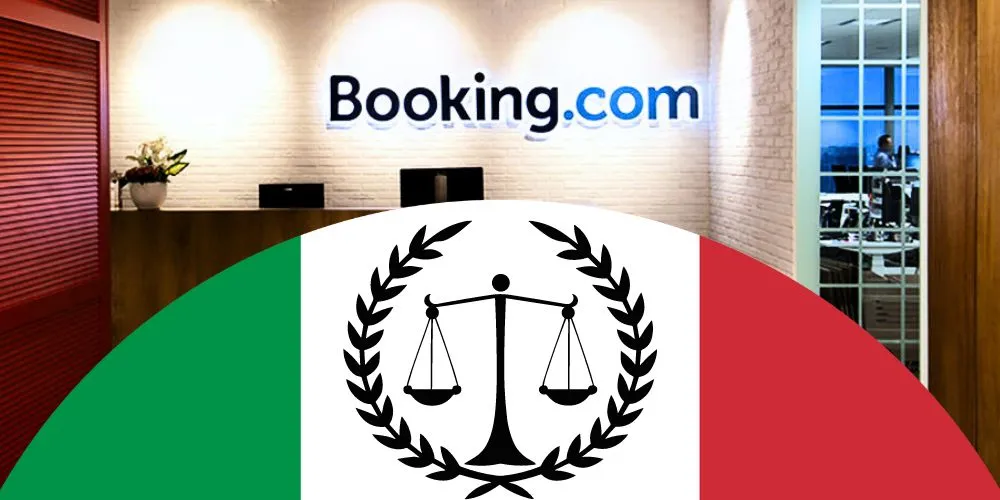Key Points:
- Italy’s competition watchdog, AGCM, initiates a probe into Booking.com over concerns of potential market abuse.
- AGCM suggests Booking.com’s actions may hinder competition in the online hotel brokerage market, leading to higher prices and limited consumer choices.
- The Italian tax police, Guardia di Finanza, conducted searches at Booking.com’s offices in Italy as part of the investigation.
- Booking.com pledges cooperation with authorities but advocates for addressing competition concerns at the EU level rather than country-by-country.
Italy’s competition watchdog, the Italian Competition Authority (AGCM), has launched an investigation into Booking.com to determine whether the popular travel website is leveraging its dominant position in the market. The probe focuses on Booking.com’s handling of hotels participating in its Preferred Partner Programme, with concerns about potential anti-competitive practices.
AGCM expressed apprehension that Booking.com’s actions may impede effective competition in the online hotel brokerage and reservation services market, both nationally and potentially beyond. By allegedly favoring hotels within its Preferred Partner Programme, Booking.com could limit competition and negatively impact accommodation facilities and consumers, leading to higher prices and reduced choices.
The authority highlighted that the Italian tax police, Guardia di Finanza, conducted searches at Booking.com’s offices in Italy as part of the investigation. Booking.com assured cooperation with the Guardia di Finanza and the Italian competition authority, emphasizing its commitment to addressing any concerns raised.
However, Booking.com’s stance suggests a preference for addressing competition matters at the EU level rather than through individual country investigations. The company asserts that ongoing regulatory proposals within the EU framework should handle competition concerns, advocating against additional scrutiny at the national level.
Booking.com’s response underscores the situation’s complexity as regulatory bodies navigate concerns regarding market dominance and anti-competitive behavior in the digital marketplace. The outcome of the investigation will likely have implications for the online travel industry and competition regulation within Italy and across the European Union.




